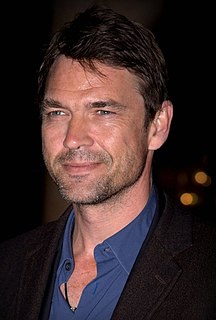A Quote by Richard Corliss
I had grown up thinking of movies as something to eat popcorn with. Bergman and the other European directors were the first ones to open my eyes to film as art.
Related Quotes
European films had art. And it was easy to make a European film. They didn't come from the studio system, they weren't shot in sound studios, and that's a good thing, because in the studio system those movies would never have had a chance. And since we were coming from Europe, it was natural for us to use that simple style. Small budgets, less equipment, that was just how it was.
When we were kids, we would never open the minibar. A $6 Snickers bar? But the other day I was in a hotel and I was staring at a Snickers bar, and I finally just ate it. Then it was like something in me snapped. I opened all these drinks. I thought: I can do it now. Now I'm all grown-up. I can eat things from the minibar.
We were film geeks. We devoured everything: really obscure art films, foreign films. We were the kind of guys that lived at the Cinematheque. But at the end of the day, your favorite movies are like everybody else's favorite movies. Because those are the movies that become a touch point where you can connect to other people.
I always had something to think about or draw from, which as an actor is a gift. The beautiful thing about film is that it gets so much closer than stage. I love stage and that's what I started doing and it's a beautiful art form in of itself, but in film you can move your eyes to the side and somehow the audience can fill in the blanks of what you're thinking.
I love Donnie Darko movie so much. Just before I got that script, I had been to see some European art film. I walked out of that movie and said to my husband, "That's what I want to do! I want to do an art film and take it to the edge." Within two weeks, we were getting ready to go on vacation, and my agent called.






































